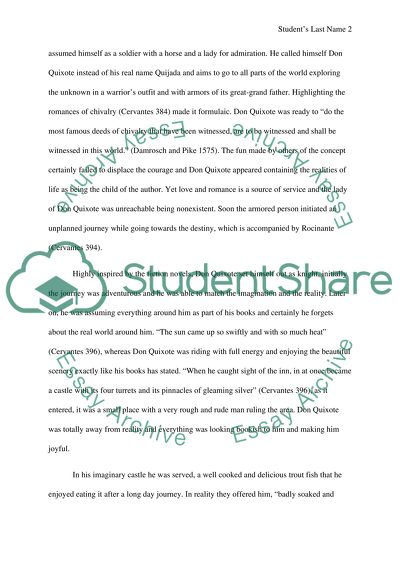Cite this document
(“The encounters between the ordinary world and Don Quixote are Essay”, n.d.)
The encounters between the ordinary world and Don Quixote are Essay. Retrieved from https://studentshare.org/literature/1498475-the-encounters-between-the-ordinary-world-and-don
The encounters between the ordinary world and Don Quixote are Essay. Retrieved from https://studentshare.org/literature/1498475-the-encounters-between-the-ordinary-world-and-don
(The Encounters Between the Ordinary World and Don Quixote Are Essay)
The Encounters Between the Ordinary World and Don Quixote Are Essay. https://studentshare.org/literature/1498475-the-encounters-between-the-ordinary-world-and-don.
The Encounters Between the Ordinary World and Don Quixote Are Essay. https://studentshare.org/literature/1498475-the-encounters-between-the-ordinary-world-and-don.
“The Encounters Between the Ordinary World and Don Quixote Are Essay”, n.d. https://studentshare.org/literature/1498475-the-encounters-between-the-ordinary-world-and-don.


